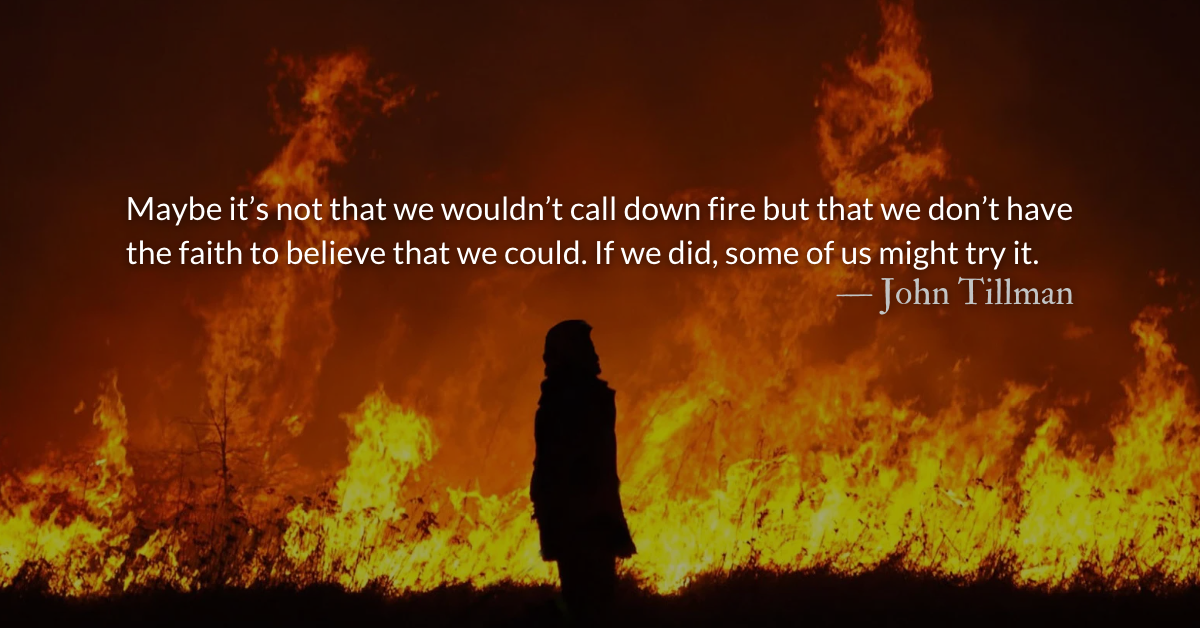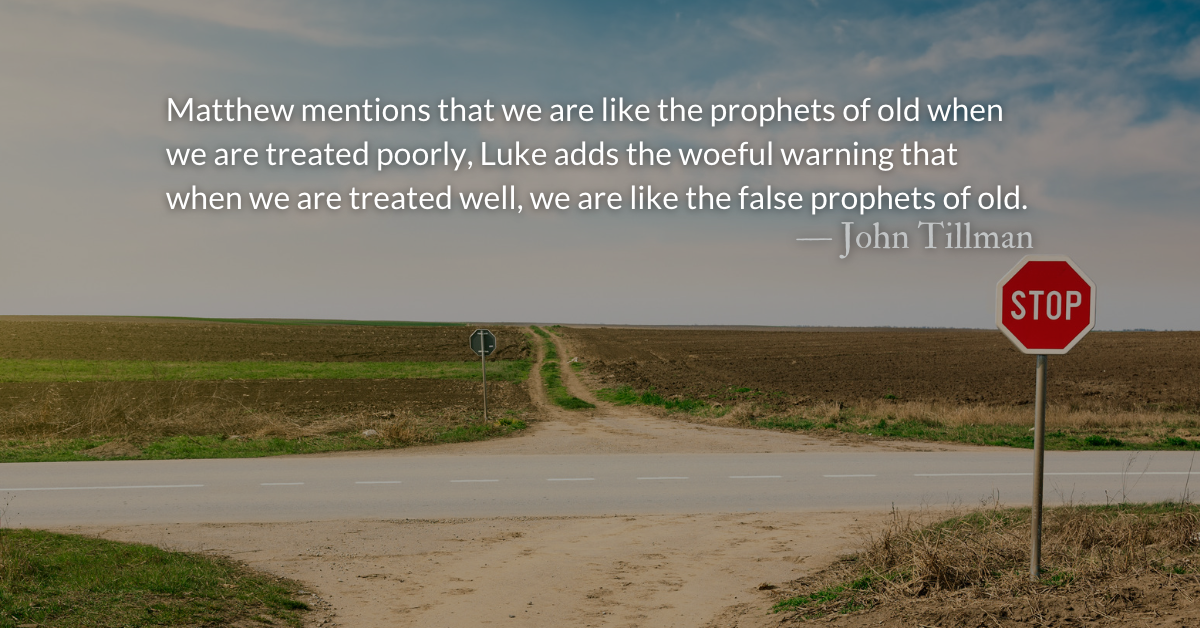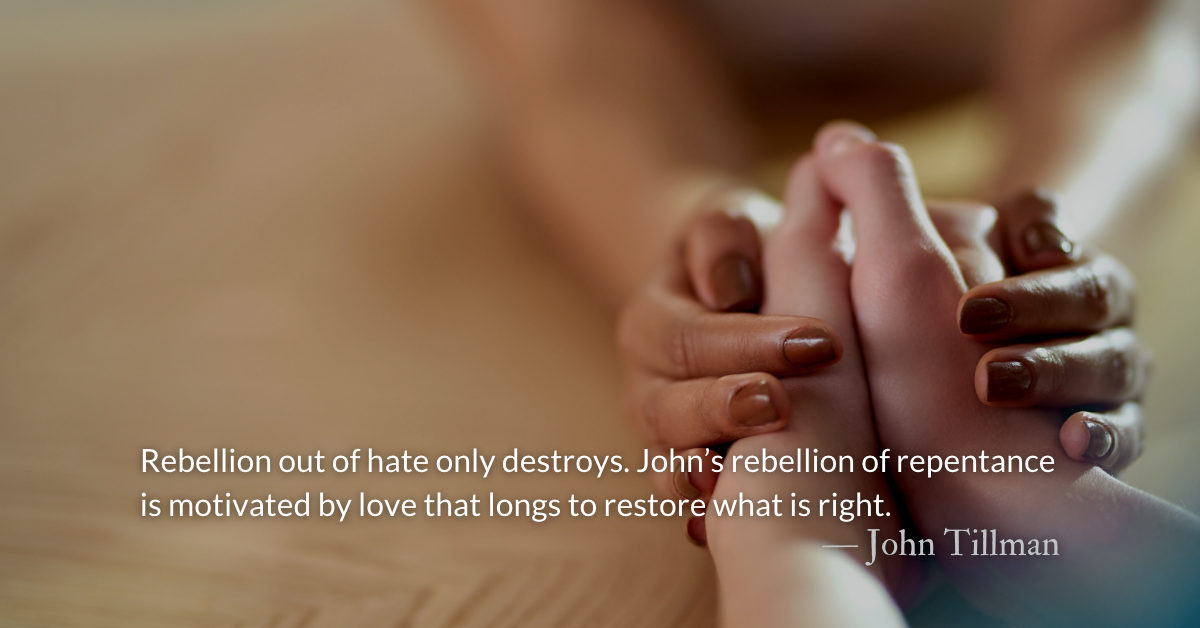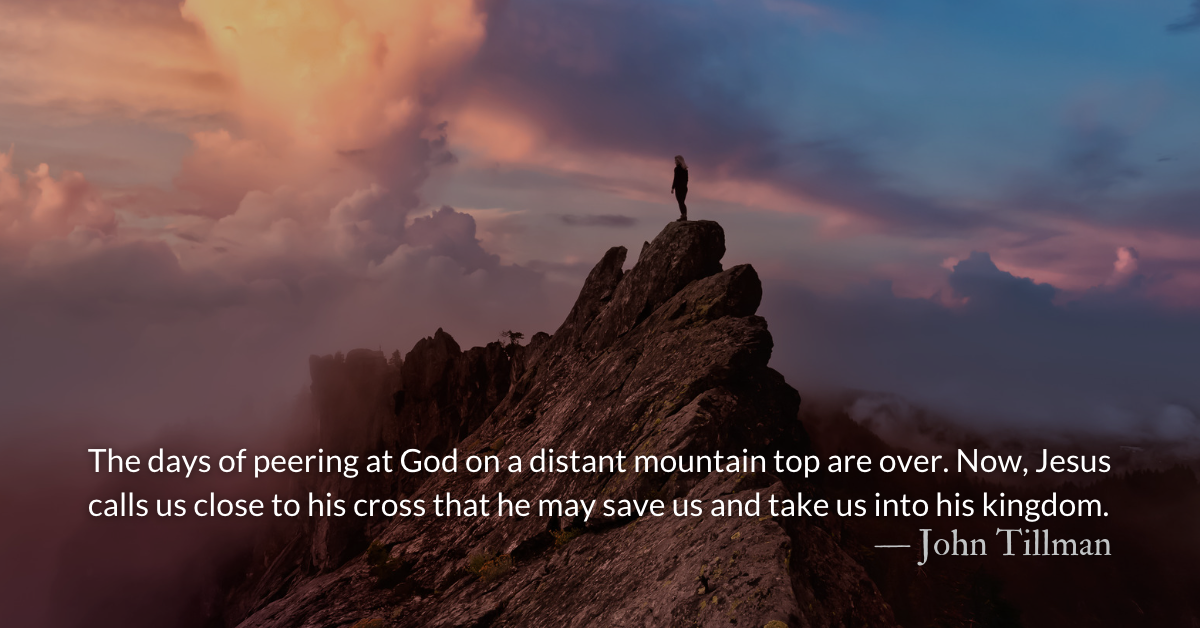Scripture Focus: Luke 10.2-3
2 He told them, “The harvest is plentiful, but the workers are few. Ask the Lord of the harvest, therefore, to send out workers into his harvest field. 3 Go! I am sending you out like lambs among wolves.
Reflection: A Prayer of Harvesters — Guided Prayer
By John Tillman
We are to pray for harvesters to be sent. Yet, we are also sent as harvesters.
This weekend, pray this prayer as one sent into the field. Pray over yourself the instructions Jesus gives to his followers. And remember that when Jesus sent the disciples into “the fields” he was sending them into the cities. As he sent them, so he sends us.
A Prayer of Harvesters
“The harvest is plentiful, but the workers are few…”
There is much work to be done, Lord.
We see it in the eyes of the suffering
In the stumbling of the wandering
In the outbursts of the desperate
Send us to the field—into our cities.
“Go! I am sending you out like lambs among wolves…”
Send us not as sharp-toothed predators, Lord…
Not preying on others but praying for them
Send us not as sword-wielding soldiers, Lord…
Not with battle-hardened nerves but prayer-softened hearts
“When you enter a house, first say, ‘Peace to this house…’”
Make us peace-bringers, hosts of heaven’s peace, and messengers of its goodwill.
May your Spirit arrest enmity in our presence and may amity grow from our steps.
“Heal the sick who are there and tell them, ‘The kingdom of God has come near to you…’”
Make us healers who first do no harm to the hurting.
Just as you came near to us, let us come near to the hurting and make them whole with the resources and blessing of your kingdom.
Let us heal them…
Of sickness
Of pride
Of rage
Of hate
Of loneliness
Of fragility
Of every malady, division, and fracture.
“But when you enter a town and are not welcomed, go into its streets and say, ‘Even the dust of your town we wipe from our feet as a warning to you. Yet be sure of this: The kingdom of God has come near.’”
Not all will hear us, Lord but perhaps they will hear another.
We do not know their future. So let us warn only, and never condemn.
If they send us and our message away, Lord, let us leave no doubt that your kingdom has come to them, and let us leave no doubt that the way is open for them to follow us.
Divine Hours Prayer: The Small Verse
Today if you shall hear his voice, harden not your heart.
– From The Divine Hours: Prayers for Springtime by Phyllis Tickle.
Today’s Reading
Exodus 28(Listen 5:54)
Luke 10(Listen 5:40)
This Weekend’s Reading
Exodus 29(Listen 6:23), Luke 11(Listen 7:33)
Exodus 30(Listen 5:06), Luke 12(Listen 7:42)
Read more about One Thing Needed
We can’t say, “Well, I’m a Mary,” and ignore details. We can’t say, “Well, I’m a Martha,” and ignore relationships.
Read more about Supporting Our Work
Please consider joining our donors. Your donations support ad-free content that brings biblical devotionals to inboxes across the world.











